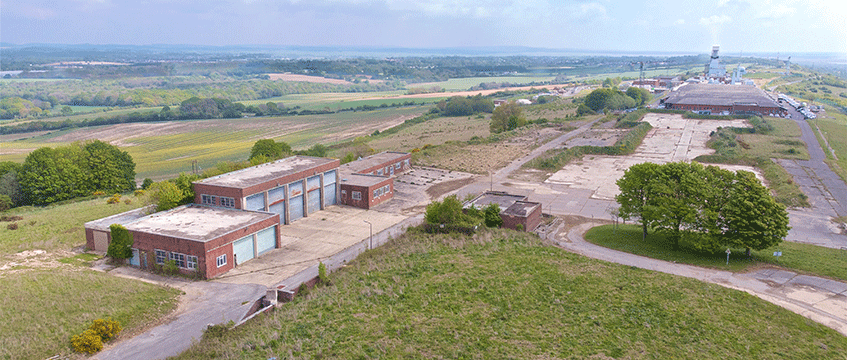The data revolution: connecting people and property
Buzzwords “Big Data” and “Proptech” are sometimes scoffed at by your average property investor but in the world of online auctions technology and the data we are able to collect by using it are enabling us to deliver a plethora of benefits to the market.
The online auctions model allows us to track the movement of investors, to track the customer journey and get to know our buyers’ habits so we can offer them what they need.
That’s just what we’re doing at 574. Thanks to pre-registration, we have the details of every single investor who registers their interest in a lot, reviews our legal packs, or bids on a property. This is very powerful. It allows us to truly understand our clients and provides us with insight. This means we maximise exposure of our properties to the right investors, while ensuring we comply with data protection rules.
Buzzwords “Big Data” and “Proptech” are sometimes scoffed at by your average property investor but in the world of online auctions technology and the data we are able to collect by using it are enabling us to deliver a plethora of benefits to the market.
The online auctions model allows us to track the movement of investors, to track the customer journey and get to know our buyers’ habits so we can offer them what they need.
That’s just what we’re doing at 574. Thanks to pre-registration, we have the details of every single investor who registers their interest in a lot, reviews our legal packs, or bids on a property. This is very powerful. It allows us to truly understand our clients and provides us with insight. This means we maximise exposure of our properties to the right investors, while ensuring we comply with data protection rules.
It is a simple process. Before a property is launched we rely on previously collated data to target a specific pool of buyers quickly and efficiently. For example, we know which of our bidders is interested in a shop in Essex or a ground rent in Northampton and employ this knowledge to benefit the client, the sale itself and also the market as a whole.
A real and recent example of how this process works was the sale of Portsdown Main – a 44-acre site to the north of Portsmouth, Hampshire (pictured).
Our initial, wide-reaching, marketing campaign led to more than 11,000 investors engaging with the lot, resulting in 6,430 web hits.
We were able to pinpoint the source of each enquiry and inform the vendor of sales performance around the clock. Critically, it also meant that at all times we could gauge the efficiency of all our property channels, ensuring that buyers were being reached and given the opportunity to bid.
As bidders registered we could accurately track engagement with the property. Combining the data with our property expertise meant we were able to evaluate our expectations and provide detailed feedback to our clients on how we anticipated the sale would succeed. We could convert the data to people and the people to bidders.
The pre-registration process also allows us to contact bidders in advance, address any queries and help with the bidding process.
On Portsdown Main we engaged with 69 parties and tracked 108 people reviewing the legal pack. Ahead of the auction day we had 22 parties sat behind screens in London, Hong Kong, Cape Town, Portsmouth and the rest of the UK all registered to bid.
And bid they did. Between 16 bidders, 407 bids were placed on the property, resulting in an outperformance of guide price of 469%.
Live data of our existing customers and their requirements means that for every sale, we know our bidders’ interests and their limits. And when the right property comes along we are able to connect that property to the right person.
That is all thanks to big data and proptech.
Max Mason is head of sales at 574.











